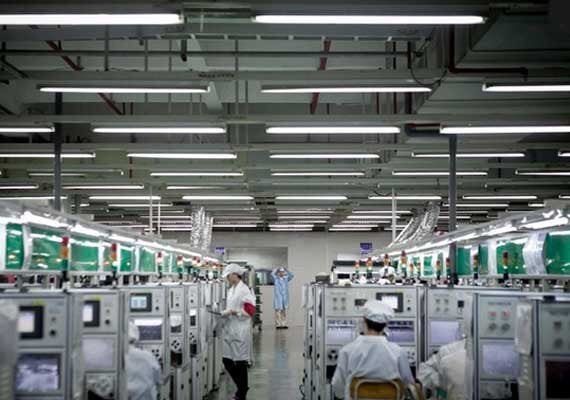At an Indian iPhone factory, hazardous working conditions improved but pay remains low
As disgusting as it sounds, a Foxconn factory in India was shut temporarily in 2021 thanks to the hazardous conditions found in the housing areas where seasonal workers, many from other countries, lived when they weren’t churning out iPhones. Before you read some of the infractions, have a paper bag handy nearby and I’m not kidding. Foxconn employees had to deal with rats, toilets that wouldn’t run, and, the coup de grace, food infested with worms.
Disgusting conditions at an iPhone factory in India led to government investigations

Foxconn facility in India
A different part of the facility had another issue. Workers “were not provided with suitable goggles to protect their eyes from the excessive light and infrared radiation.” 77 machines didn’t have safety mechanisms to prevent them from running under dangerous conditions. And six large ovens used to attach tiny components to iPhone motherboards had not been “tested by a competent person” before workers used them.
The lowest-paid workers at the plant would have to work 6 months without food or rent to afford the device they are building
The factory was also guilty of numerous employment law violations and at least 17 were required to work on Sundays which was the only day off that these employees had. “All latrines and urinals in the factory were not maintained in clean and sanitary conditions at all times,” the report stated.
For all the latest Technology News Click Here
For the latest news and updates, follow us on Google News.

